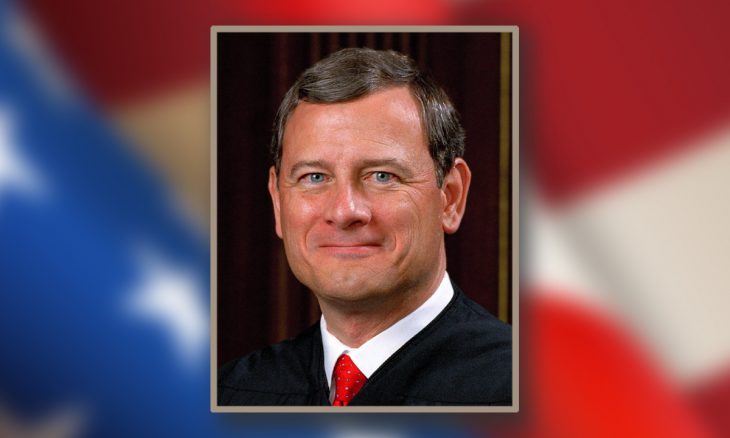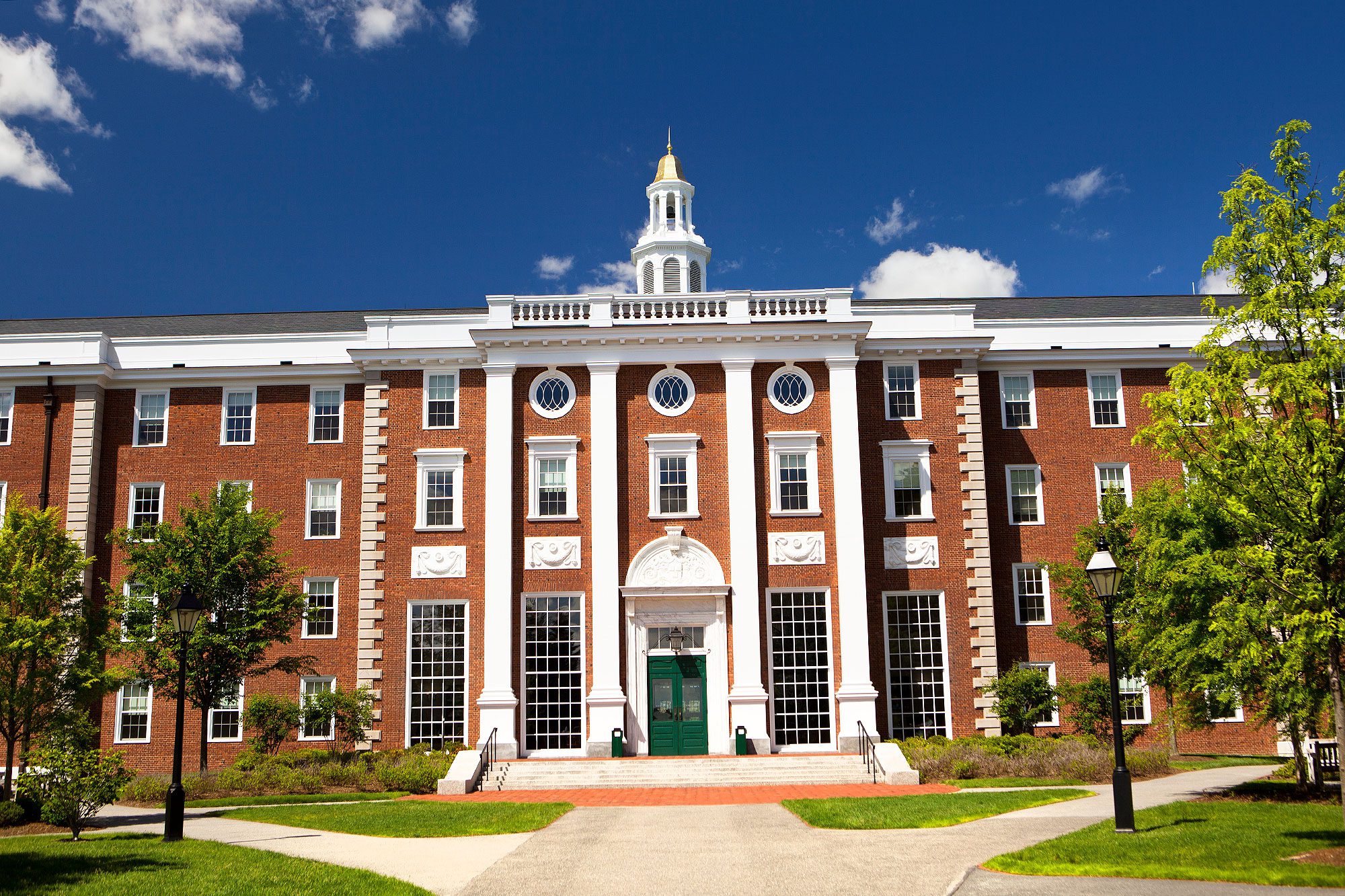Chief Justice John Roberts
Supreme Court of the United States
John Glover Roberts, Jr., was born in January 1955 in Buffalo, New York, and grew up in Indiana. He earned an undergraduate degree from Harvard College and was preparing to pursue a Ph.D. in history but decided to attend Harvard Law School instead where he received his Juris Doctor. He clerked at the Second Circuit U.S. Court of Appeals, then clerked for Justice William Rehnquist of the Supreme Court.
He went to work as a special assistant to the U.S. Attorney General William French Smith and was then an associate with the White House Counsel during President Reagan’s administration. He entered private practice in Washington, D.C. He joined the administration of President George H.W. Bush as Principal Deputy Solicitor General. At the end of that administration, he returned to private practice.
Roberts was nominated by President George W. Bush to a seat on the U.S. Court of Appeals for the D.C. Circuit. After his first nomination was allowed to expire by the Senate, he was renominated, confirmed by the Senate, and received his commission in June 2003. In June 2005, President Bush named Roberts to fill a Supreme Court vacancy created by the retirement of Justice Sandra Day O’Connor. While his nomination was pending, Chief Justice Rehnquist died. Two days later, President Bush withdrew Roberts’ nomination as O’Connor’s successor and announced Roberts’ new nomination to the position of Chief Justice. He was confirmed by the Senate and took his oath of office in September 2005.
Roberts is married to Jane Sullivan and they have two adopted children. He is Catholic.
In the News…
In his annual report, Supreme Court Chief Justice John Roberts discussed the perils and potential of artificial intelligence when it comes to cases being heard by the nation’s highest court.
He predicted that the judicial system “will be significantly affected by AI.” Law firms, legal clients, and judges have already been availing themselves of what the new technology has to offer.
“Legal research may soon be unimaginable without it,” the Chief Justice wrote in his report. “AI obviously has great potential to dramatically increase access to key information for lawyers and non-lawyers alike. But just as obviously it risks invading privacy interests and dehumanizing the law.”
“Legal determinations often involve gray areas that still require application of human judgment,” he wrote. “I predict that human judges will be around for a while.”
Contact this Leader…
Did you pray for Chief Justice Roberts today? You can let him know at:
The Honorable Chief Justice John Roberts
Supreme Court of the United States
1 First Street NE
Washington, DC 20543









